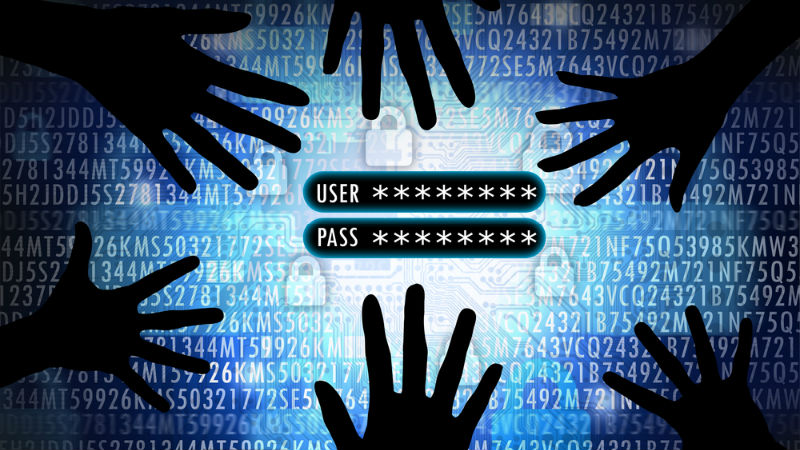Data breach victims aren't changing their passwords
Yet another reminder to always change your password after a company reports a data breach

A new study by academics from Carnegie Mellon University's Security and Privacy Institute (CyLab) has revealed that only a third of users actually change their passwords after a data breach announcement.
The study, titled “(How) Do People Change Their Passwords After a Breach?”, is not based on responses from survey participants but on their actual browser traffic. To compile their study, the academics analyzed real-world web traffic collected by the university's opt-in research group Security Behavior Observatory (SBO) which collected the full browser history of those who signed up for the purpose of academic research.
The research team then used information collected from the home computers of 249 participants between January 2017 and December 2018. This dataset not only included web traffic but also the passwords used to log into websites and those stored in participant's browsers.
- Malware turns Discord client into password stealer
- We all know reusing passwords is dangerous, but most of us do it anyway
- These are the best password managers of 2020
By analyzing this data, the academics found that only 63 of the 249 users had accounts on breached domains that had publicly announced a data breach during that time. According to CyLab, only 21 (33%) of these 63 users visited the breached sites in order to change their passwords. To make matters worse, of these 21 users, only 15 changed their passwords within three months after the data breach announcement.
Password security
As the SBO also captured the user's password data, the CyLab team was able to analyze the complexity of the users' new passwords.
The research team revealed that of those who changed their passwords, only a third changed them to a stronger password. The rest of the users created passwords of weaker or similar strength and many reused character sequences from their previous password or used passwords that were similar to their other online accounts.
While the study shows that users are still not receiving proper education when it comes to password security, the researchers argue that the hacked services are also to blame as they rarely tell users to reset their similar or identical passwords on their other accounts.
Sign up to the TechRadar Pro newsletter to get all the top news, opinion, features and guidance your business needs to succeed!
If you're worried about your own password security, you can visit Have I Been Pwned to see if any of your online accounts have been involved in a data breach. If this is the case, you should change all of these passwords immediately and make sure that your new passwords are both strong and complex.
- Keep your devices protected with the best antivirus software
Via ZDNet
After working with the TechRadar Pro team for the last several years, Anthony is now the security and networking editor at Tom’s Guide where he covers everything from data breaches and ransomware gangs to the best way to cover your whole home or business with Wi-Fi. When not writing, you can find him tinkering with PCs and game consoles, managing cables and upgrading his smart home.
